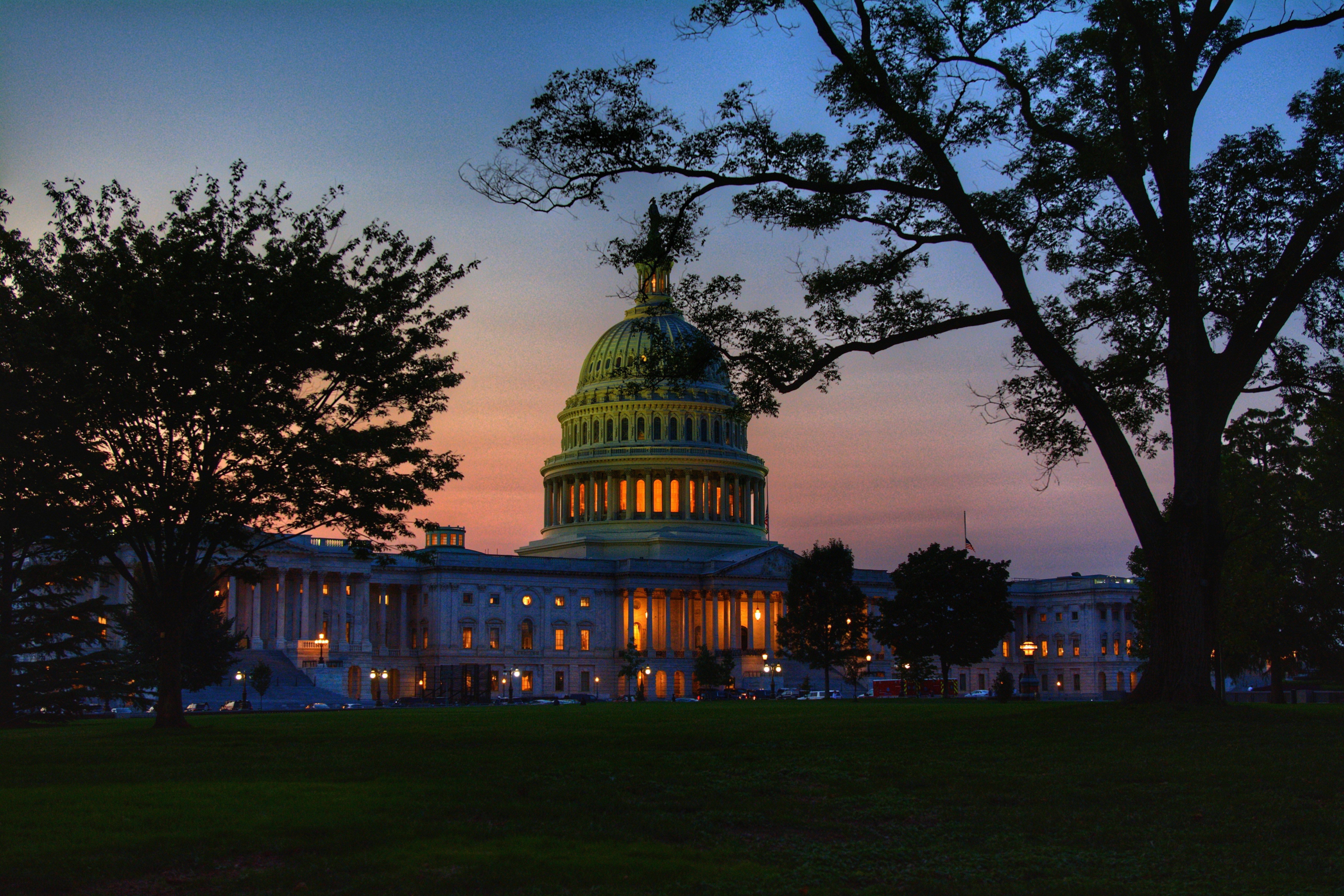Nvidia CEO Jensen Huang just opened the door to exporting the company's most advanced AI chips to China, calling it a 'real possibility' during Wednesday's earnings call. His comments come as Nvidia posted 56% revenue growth to $54 billion without selling a single H20 chip to China this quarter, while estimating the Chinese AI market could hit $75 billion next year with 50% growth.
Nvidia CEO Jensen Huang just shifted the geopolitical chess board with a single phrase. During Wednesday's earnings call, Huang declared there's a 'real possibility' that Nvidia could bring its cutting-edge Blackwell processors to China, potentially unlocking what he estimates as a $50 billion market opportunity that could grow 50% annually.
The timing couldn't be more strategic. Nvidia just reported second-quarter revenue growth of 56% to $54 billion, achieved without selling a single H20 chip to China during the quarter. CFO Colette Kress revealed the company released $180 million in H20 inventory to a customer outside China, generating $650 million in sales - a stark reminder of the demand pent up behind export restrictions.
'The opportunity for us to bring Blackwell to the China market is a real possibility,' Huang told analysts, according to CNBC's earnings coverage. 'We just have to keep advocating the importance of American tech companies to be able to lead and win the AI race, and help make the American tech stack the global standard.'
The path to China runs through the White House, where Huang personally lobbied President Trump in July and August to secure export licenses. Their August meeting produced a preliminary deal: Nvidia receives H20 export licenses in exchange for giving the U.S. government 15% of China sales revenue. Trump initially balked at including Blackwell chips, calling them 'super-duper advanced,' but left the door open for a 'somewhat enhanced in a negative way' version.
Huang's China calculus reveals Nvidia's broader strategic thinking. 'China is the second-largest AI market in the world,' he explained, valuing it at roughly $50 billion this year. 'If it's $50 billion this year, you would expect it to grow, say, 50% per year.' That trajectory points to a $75 billion Chinese AI market by 2026, making it too large for any chipmaker to ignore.
The current regulatory limbo is costing Nvidia billions in potential sales. The company isn't counting on any H20 sales for the October quarter in its $54 billion revenue forecast, but Kress acknowledged they could sell between $2 billion and $5 billion in H20 chips 'depending on the geopolitical environment.' That's a massive revenue swing tied entirely to Washington's export policies.












